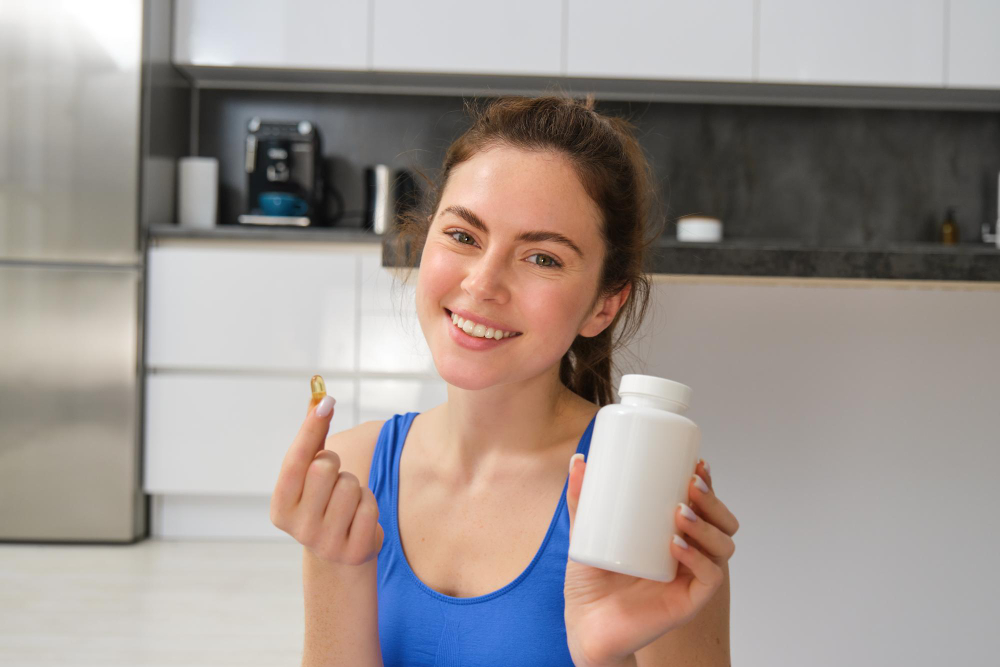If you are speaking in a broad sense, then yes, everyone needs a healthy amount of multiple nutrients in their diet. It doesn’t matter whether you are a man, woman, child or an elderly person. What differs through these groups is the amount of nutrients and vitamins required. Now, if you focus specifically on women and their vitamin needs, that’s a whole different story. For example, women tend to suffer from weaker bones and anaemia in the later stages of their life at a higher rate in comparison to their male counterparts.
What 5 Key Items Should Multivitamins for Women Include?

As briefly touched upon earlier, there is no same recommendation for multivitamins for all women out there, though it usually is a good starting point to include these 5 ingredients in women’s multivitamins:
- Iron: You remember the issue we talked about with women suffering from anaemia? That whole debacle can be prevented by implementing sufficient iron intake, as iron plays the key role of significantly boosting red blood cell production, especially during pregnancy, when women need all the energy they can get for the formation of their fetus.
- Magnesium: Magnesium is a vitamin you need to normalize your hormone levels and keep your mood from getting cranky, too, especially during menopause or pregnancy. Aside from all that, magnesium also helps you regulate your sleep pattern and reduce stress. Magnesium also assists in improving your body’s muscular functions and bowel movements.
- Vitamin D: You cannot underestimate and skip including vitamin D in your multivitamins. Vitamin D plays the role of a multitasker, controlling blood sugar, mood balance, female sex hormone balance, and thyroid health. Vitamin D strengthens your bones to make sure those same bones are safe from conditions like osteoporosis.
- Vitamin C: The healing properties of vitamin C assist your body in healing any wounds that you may have suffered. Vitamin C bolsters your body’s healing by upping the production rate of red blood cells. Vitamin C also allows you to focus more clearly on things by producing more norepinephrine in your brain.
- Vitamin K: Vitamin K is more suited for elderly women. Vitamin K is known for it’s job of providing fortification for your bones and ensuring that your blood is clotting following the proper procedures. You don’t have to stick to supplements to increase Vitamin K in your body. You could also consume foods like broccoli, spinach and fish oil.
Closing Thoughts
While obvious at first glance, there is no harm in repeating the sentiment ‘Do not rely solely on your multivitamins’. Maintain your diet according to your bodily needs, as natural food still remains the top source of all the nutrients your body craves. If you do end up taking multivitamins, make sure you never take more than the specified dosage.
